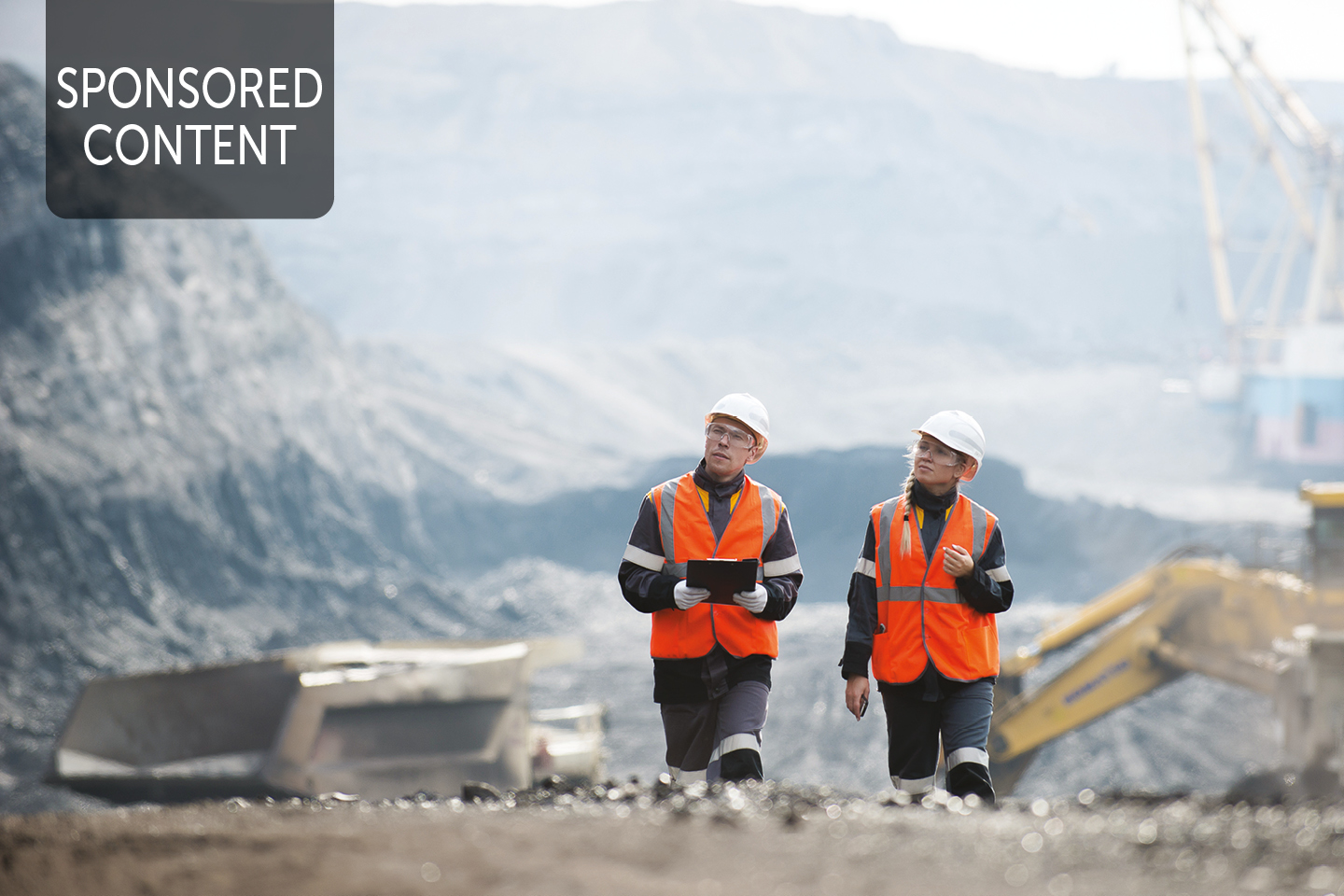

Working remotely and connecting ‘virtually’ with workplace colleagues was already becoming more popular before the COVID-19 pandemic, but it has now been taken up in an unprecedented manner. Many people have welcomed the flexibility virtual work has offered them, and we are likely to see a continuation of the use virtual work in the future.
One of the key things we have learnt about virtual work so far is that it is important to prioritise remote workers’ mental health, by ensuring everyone is able to connect regularly with their co-workers and by spending some time on social interactions through virtual forums.
The team of work psychology researchers and practitioners in UWA’s School of Psychological Science works in this space, with a wide range of industry partners, including government, national and multinational corporations, and not-for-profit partner organisations.
Our work psychology students are trained in evidence-based organisational psychology approaches and gain workplace experience through our collaboration with industry partners. Our focus is on delivering practical outcomes in performance, safety and employee wellbeing.
To provide a recent example of how we do this, a mining company was concerned that frontline supervisors were overloaded, but other than for anecdotal evidence the organisation didn’t have a clear picture of how much of the supervisors’ time was spent on which tasks. One of our placement students collected the relevant data through many days of structured observations and interviews.
We were able to provide objective insights in the supervisors' workloads and then provided targeted improvement recommendations to help free up more of the supervisors’ time for essential interactions with their teams.
While we can’t see the future with full clarity, we can be certain that along with virtual work, there will be further changes to how work is done today. Another expectation for future workplaces is that the use of automation will continue to increase. This is most likely to occur successfully if workers are given opportunities to take on meaningful new roles that co-exist and interact with these automated processes.
When we’re designing the workplaces of the future, it is essential to take into account what we know from both research on human factors (designing work to suit human physical and mental capabilities and limitations) and research on job design and motivation (what makes jobs meaningful and engaging for workers).
People spend a large proportion of their lives at work. Anything we can do to make their workplaces better will make their lives better.














